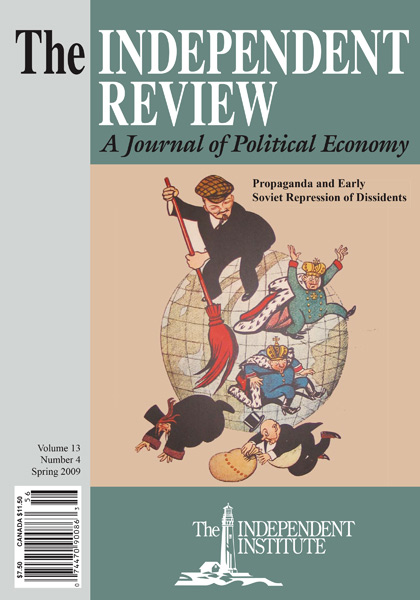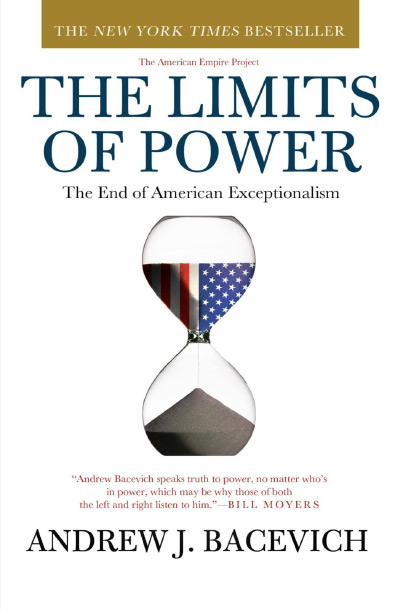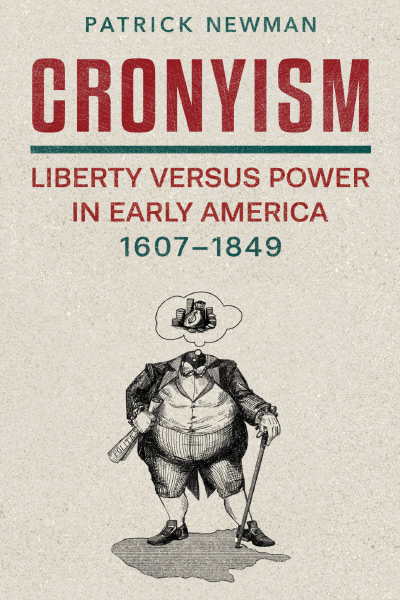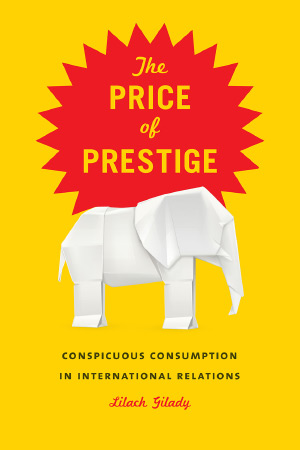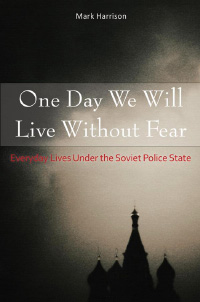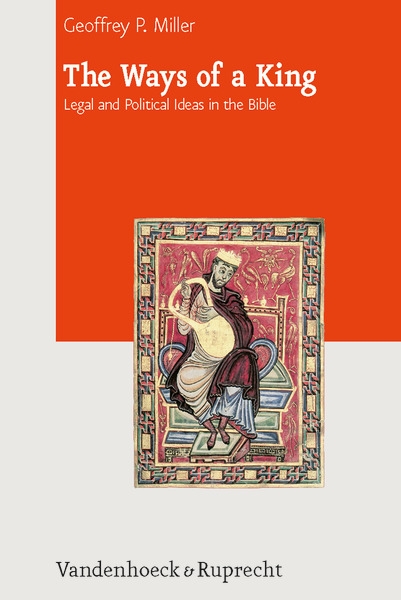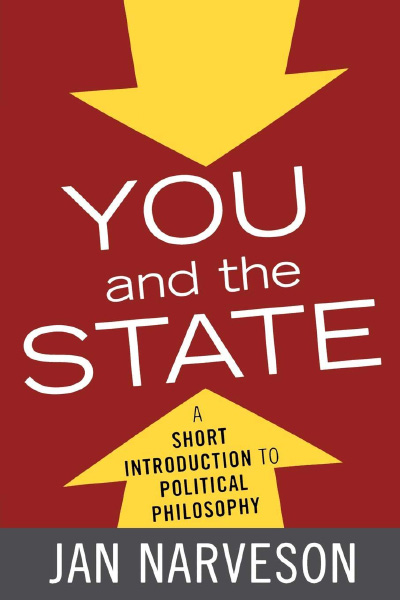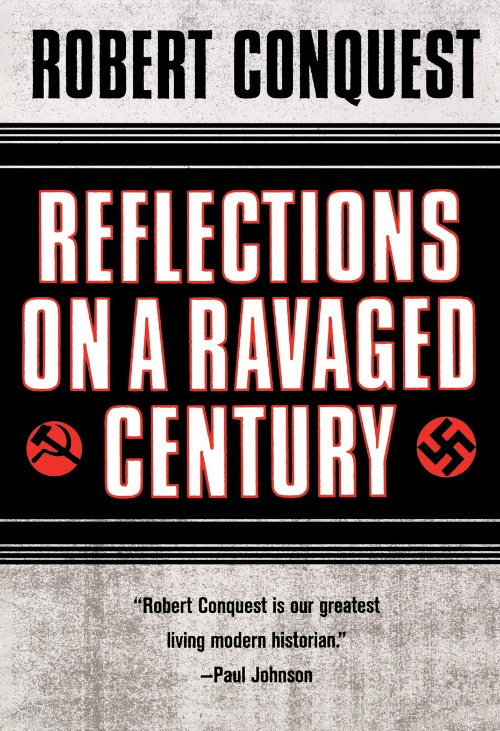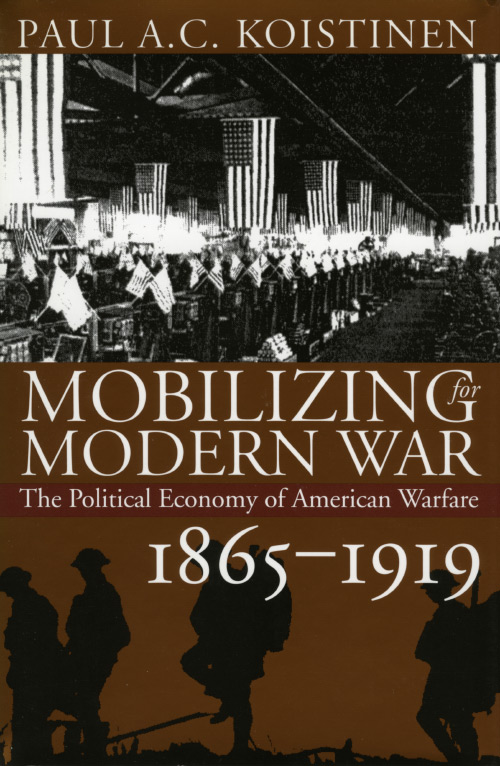With The Limits of Power, Andrew J. Bacevich, professor of history and international relations at Boston University and retired U.S. Army colonel, continues his critical examination of American foreign policy since World War II. In American Empire: The Realities and Consequences of U.S. Diplomacy (Cambridge, Mass.: Harvard University Press, 2002), Bacevich argued that American foreign policy since the end of World War II, regardless of the party in the White House, has been geared toward achieving U.S. global dominance. In a following book, The New American Militarism (New York: Oxford University Press, 2005), he focused on the reconstitution of the military in American life, especially its reinvigorated role in the conduct of foreign policy since the Vietnam War, and he concluded that the military has integrated itself so successfully into official U.S. dealings with the rest of the world that it has come to be seen as essential to effective foreign policy.
In his latest effort, Bacevich concentrates on the lessons to be learned from U.S. military commitments in Afghanistan and Iraq, and he reaches conclusions that, not surprisingly, differ from those of many public leaders and pundits. In his view, the war in Iraq exposed clearly for the first time the hypocrisy of the “morality tale” (p. 19) that had been the staple of American foreign policy since World War II. Sprinkled throughout his critique are the thoughts of the prominent Protestant theologian Reinhold Niebuhr (1892–1971), who expressed a deep concern about Americans’ tendency to parade their power and prosperity before the rest of the world and to believe that they could use these assets to spread their worldview to others, if not to impose it on them. In this respect, Niebuhr’s views provide a prescient framework for Bacevich’s analysis.
In chapter 1, “The Crisis of Profligacy,” the author portrays American society as imbued with a culture of “entitlement.” Because Americans see themselves as the global good guys, they believe that other nations should welcome their ideas and institutions. Thus, President Jimmy Carter’s famous 1979 “crisis of confidence” speech cautioning Americans to temper their hubris and sanctimony was rapidly overshadowed by President Ronald Reagan’s optimism and assurances of technological invulnerability. As Bacevich puts it, President Reagan told Americans what they wanted to hear. Moreover, Bacevich argues, President George W. Bush has followed the same motif by offering Americans both “guns and butter” (p. 62). Meanwhile, from the Carter administration through the Reagan presidency the military was continually building both politically and ideologically for a major effort in the Persian Gulf region. In Bacevich’s view, this process came to fruition in George W. Bush’s presidency: Bush and his neoconservative subordinates and advisers intended to “remake the world” (p. 60) by imposing American values and dominance in a swath extending from Morocco through central Asia to Indonesia. These aspirations have come to naught, however, because Americans, unable to discipline themselves domestically and internationally, “have forfeited command of their own destiny” (p. 65).
In chapter 2, “The Political Crisis,” Bacevich moves inside the Beltway to examine the causes of the current disarray in the United States. He argues that the country has been on a war footing since the presidency of Harry S. Truman and that during this time power has become increasingly concentrated in the executive branch. Congress has been moved outside the circle of real power over decisions about military initiatives. Moreover, Bacevich asserts, it makes little difference who is president because a current of “subterranean similarities” (p. 75) has flowed through all of the post–World War II administrations. These similarities express four core convictions: the tenet that history has a purpose; the view that the United States embodies freedom; the faith that God has called Americans to advance this freedom; and the belief that only when American values prevail throughout the world will the United States finally be secure. In Bacevich’s opinion, the second Bush has been especially candid and vigorous in promoting these positions. Unfortunately, because these ideas have become firmly ensconced among the oligarchy of those personally loyal to the president, the range of options in foreign policy has been severely limited. In particular, with the military’s encouragement, this ideological rigidity has resulted in a tendency to view U.S. interaction with the rest of the world in military terms. Bacevich identifies James Forrestal, the first U.S. secretary of defense (1949), as “the godfather of the militarized mindset” (p. 111) and traces his legacy through the ideas of Paul Nitze and, ultimately, Paul Wolfowitz. He asserts emphatically that the logical culmination of this theoretical school was the doctrine of preventive war that rationalized the invasion of Iraq, an action that in the long run threatens both the domestic and the international integrity of the United States.
In his penultimate chapter, Bacevich chronicles the debilitating effects that a culture of entitlement and a narrow mindset among policymakers have on the U.S. military itself. For him, the upshot is that the soldiers are superbly trained and courageous, but their effectiveness has been severely weakened by the environment created by bumbling leaders, both political and military. He argues that what many have seen as the lessons to be drawn from the conflicts in Iran and Afghanistan are simply erroneous. The belief that the United States must now prepare for “small wars” is really a brief for expanding the U.S. empire, a position that he clearly believes should be abandoned. He vigorously opposes the argument that high-ranking military commanders should be given more latitude in the field. In his view, “the quality of American generalship has rarely been above mediocre since the Cold War” (147). The gist of this appraisal is contained in the chapter subtitle, “Does Knowing Douglas Feith Is Stupid Make Tommy Franks Smart?” Bacevich answers definitely in the negative. Finally, he concludes that the all-volunteer army is here to stay. Politicians may argue that the military should make more use of reserves and draftees, but candid professional military people affirm that in their experience citizen-soldiers are more trouble than they are worth. Moreover, the basic nature of war is also here to stay. Although technologically sophisticated weapons may elicit “oohs and aahs” from the general public, in Iraq crudely assembled improvised explosive devices have visited havoc on the world’s best-equipped army. The purveyors of shock and awe still have to contend with a determined enemy on the ground.
American policymakers must, says Bacevich, recover the “lost art of strategy” (p. 165). Political leaders have too often confused strategy with ideology, and, in turn, military leaders have tended to mistake operations for strategy. Bacevich believes that constructive strategy in foreign policy must recognize that the U.S. military has both limited resources and limited impact. He offers the options of containment and selective engagement as promising strategic approaches. In contrast, the choices of preventive war and Vice President Dick Cheney’s one percent doctrine simply cannot be sustained consistently for any length of time. They stretch U.S. resources beyond their limits and negatively affect the nation’s international standing.
The value of Bacevich’s work lies in his ability to look beyond the conventional rhetoric of academic, political, and military leaders. By drawing on critics of U.S. foreign policy and considering a wide range of events, he has constructed an alternative narrative of the American past. He maintains that this story reveals a nation with imperial ambitions. Recent events have confirmed much of his argument, often tragically, especially his identification of growing reliance on military action for the solution to international problems. He remains ominously pessimistic that any elected leader can change the current course of U.S. policy.
The broader picture to be derived from Bacevich’s analysis is perhaps even gloomier. He is suggesting that American leaders’ failure to understand the limits of their power threatens to bring the entire American ethos crashing down. Although Americans seem to be intent on saddling the rest of the world with their form of freedom, their domestic profligacy and military adventurism have made them more dependent on foreign resources, such as oil, and more vulnerable to attacks from renegade terrorist elements. The decision makers who wield executive power seem oblivious to the impending dangers that their policies have engendered. They fail to recognize that the status of the richest, most powerful nation the world has ever seen was achieved not through government direction, but through the hard work of many striving, independent, and unregulated individuals. Bacevich charges that the overwhelming thrust toward military solutions and imperial ambitions undercuts the very successes these people have attained. Reliance on government power to impose U.S. values and concepts of freedom on the rest of the world has undermined the military’s effectiveness, made the United States heavily dependent on foreign natural resources, and left Americans less secure in their own country. Bacevich clearly believes that the men and women of the armed forces deserve better—indeed, that all Americans deserve better.
| Other Independent Review articles by Robert Heineman | ||
| Winter 2010/11 | The Icarus Syndrome: A History of American Hubris | |
| Summer 2010 | Dean Acheson and the Creation of an American World Order | |
| Winter 2006/07 | Blind Oracles: Intellectuals and War from Kennan to Kissinger | |
| [View All (7)] | ||

